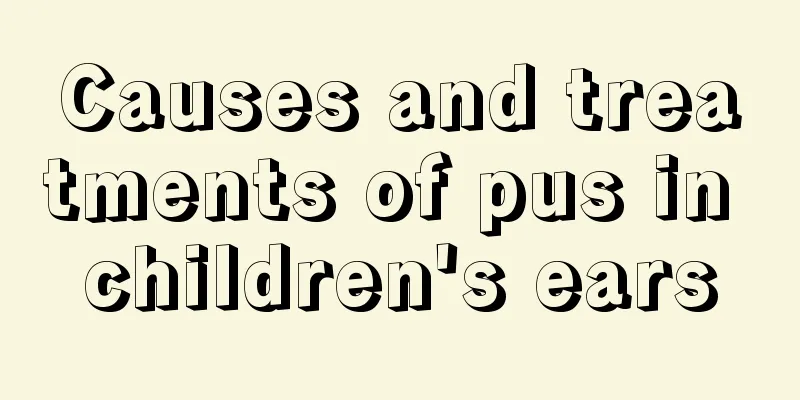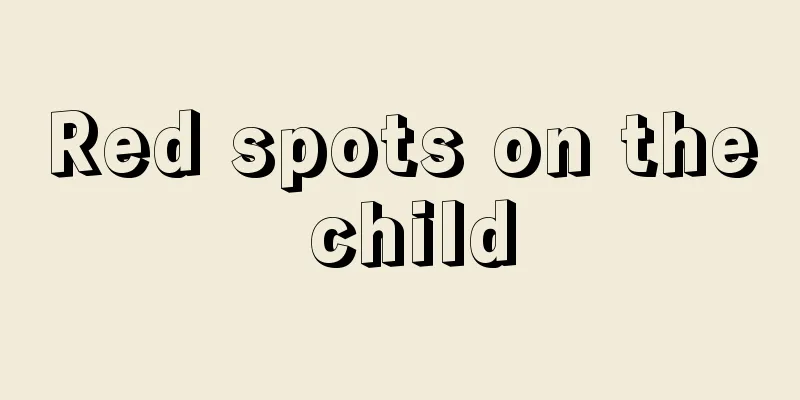What should I do if my child is beaten by the teacher?

|
Children are basically the apple of their parents' eyes, especially for only children, who are basically spoiled at home. However, some of them are too naughty and often disobedient. Therefore, sometimes teachers will inevitably hit the children. However, most teachers are sensible when it comes to children and will not blame children without reason. But if a teacher hits a child, parents will definitely feel bad. So what should parents do if their children are hit by a teacher? What should I do if my child is beaten by the teacher? 1.1 Confirm the severity of the beating and the circumstances surrounding the incident. There is nothing wrong for teachers to educate children, but if some teachers vent their bad mood or emotions on children, this cannot be tolerated. 1.2 If a child is naughty and the teacher punishes the child within a reasonable range, we cannot cover up for him or her and must support the teacher’s work. Otherwise, the teacher will not dare to discipline your child in the future. 1.3 Educate your child, tell him to follow the rules at school, listen to the teacher in class, not fight with classmates and affect classroom discipline, and not be naughty. 2.1 Communicate with the teacher and express your attitude. It’s not that we are protecting the children, but we hope that you can be careful about the degree of corporal punishment. After all, the children are still very young and cannot withstand excessive corporal punishment. 2.2 Parents should not show weakness when facing some strong teachers. Although teaching is a respectable profession, there are many impatient people and those who lack self-cultivation. Excessive corporal punishment is the teacher's fault and we should not tolerate it. 2.3 It is good to reach an agreement with the teacher. However, if communication is not smooth, do not argue with him. Tell the school’s dean directly and they will naturally give you a satisfactory answer. Junior high school students are in the golden period of their lives - adolescence, and their self-awareness gradually develops. The self-awareness of adolescence has begun to independently take "self" as the object of thinking. Teenagers in this period no longer regard the words of their parents and teachers as "truth". They like to think for themselves and express their own opinions. Second, there is a growing sense of independence and adulthood. As they grow older, teenagers have more and more interactions and contacts with society. Their desire for independence becomes stronger and stronger. They do not want their parents and teachers to interfere too much and want to solve some problems by themselves. Third, the ability to understand society is still imperfect. Although young people's independence and sense of adulthood are increasing, they often cannot keep up with the society's understanding and have a weak ability to distinguish good from bad things. This is manifested in their subjective susceptibility in thinking about problems. The true observation of thinking is manifested in that thoughts are partially influenced by the things they come into contact with, and their analysis of problems is superficial. It is easy to replace the comprehensive with the one-sided, and it is often easy to make wrong judgments. Susceptibility is manifested in being easily influenced by the sensory phenomena of things, having strong imitative and suggestible tendencies, and being easily receptive to negative social influences, so it is easy to engage in various bad behaviors. Fourth, the partnership is close. Friends are the most important form of social interaction for adolescents. Partners imitate each other, depend on each other, influence each other, and even reach the point of obedience. When they meet friends, they often talk about their true feelings without scruples, share their troubles and sympathize with each other, and are willing to go through fire and water for their friends. However, they are skeptical and even ignore the teachings and advices of their parents and teachers. Fifth, confusion about sexual development can sometimes cause emotional fluctuations. Therefore, they will take incorrect approaches to do things, which will cause misunderstanding from others. This is what we call being naughty. |
<<: What to do if your baby eats crayons
>>: What to do if your 6-year-old child is rebellious?
Recommend
Is it better for a three-year-old to drink milk powder or milk?
In life, many three-year-old babies have been wea...
How many times a day is normal for a baby to poop?
Newborn babies have to adapt to the outside envir...
What are the symptoms of enlarged adenoids in children's nose
Adenoid hypertrophy is a common symptom in childr...
Why do children cry when they sleep at night?
As adults, after a day's work, we can really ...
Is emergency room visit contagious for young children?
Young children have relatively weak constitutions...
What are the benefits of swimming for newborn babies?
Nowadays, after many babies are born, their paren...
Baby retching while feeding
Many mothers will find that their children will v...
Pseudomyopia in children
With the improvement of living standards, childre...
Why does my child's legs hurt at night?
The baby at home always complains of leg pain, es...
What are the symptoms of milk allergy in children?
Children are in a critical period of physical dev...
What happens if there are black lines in my baby’s poop?
After having a baby in the family, the whole fami...
What to do if your child has a sore throat
What should we do if our child has a sore throat?...
What is the reason for high lymphocyte count in children's blood routine test?
Routine blood tests for children can detect many ...
Causes of neonatal death
Not all babies can be born safely. Many babies su...
Three-year-old baby often bleeds from the nose
The health of the baby is the most concerning iss...









